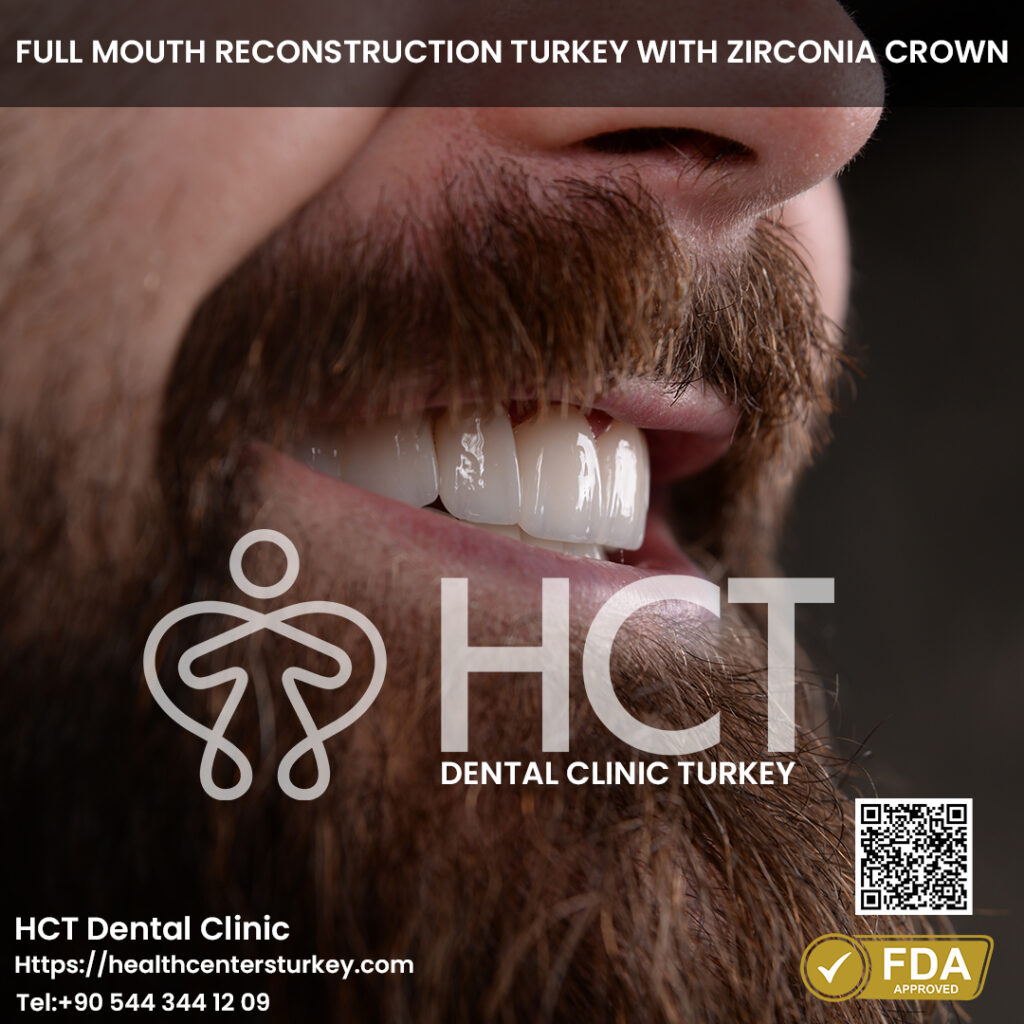The Place for Quality Dental Care at Value Rates
The Place for Quality Dental Care at Value Rates
Blog Article
Key Insights on Dental Procedures in Turkey
Dental implants have become a preferred solution for these seeking to replace missing teeth. Understanding how these implants can affect adjacent teeth is crucial for anyone contemplating this procedure, in addition to for dentists and specialists concerned in dental care.

One important facet is that dental implants are designed to be anchored into the jawbone, which suggests they are unbiased of adjacent teeth. Unlike dental bridges, which often require the alteration of neighboring teeth, implants can fill the hole without compromising the health or structure of these surrounding teeth.
This independence helps keep the integrity of adjacent teeth. When a tooth is lost, there can be a natural tendency for neighboring teeth to tilt or shift into the empty area. Such movement can result in misalignment, which may affect chunk and overall oral health. By placing an implant, you effectively prevent this potential shift, promoting higher alignment in the long run.
Receive Budget-Friendly Oral Health Work that Meet Your Needs in Turkey
Additionally, dental implants assist keep bone density in the jaw. A natural tooth root offers stimulation to the surrounding bone, preserving it healthy and strong. When a tooth is missing, the bone can begin to deteriorate as a result of lack of stimulation. With a dental implant mimicking a natural root, bone loss could be minimized, which indirectly advantages adjacent teeth by preserving the overall structure of the dental arch.
While dental implants are advantageous, improper placement can impression neighboring teeth. If an implant is positioned too close to a different tooth, it might exert undue stress on that tooth, leading to discomfort or potential harm. Proper planning and imaging strategies are important for avoiding such issues.
Learn About Top-rated Oral Health Facilities in Turkey
Moreover, sustaining good oral hygiene is essential after receiving an implant. If not properly cleaned, surrounding teeth might become vulnerable to dental points such as decay or gum disease. This underscores the significance of diligent oral care following the process to make sure each implants and adjacent teeth remain wholesome.
Regular dental check-ups are also very important for monitoring the health of surrounding teeth. Dentists can identify any shifts or potential problems early, allowing for timely interventions. This proactive strategy ensures that both the implant and adjacent teeth can coexist without complications.
Expertise in Cosmetic Dentistry at Affordable Rates
Another consideration is the influence of implants on chunk force. When a single tooth is missing, the load of chewing might shift to adjacent teeth, doubtlessly leading to wear or pressure. Implants restore correct bite dynamics by redistributing forces in the mouth, which might protect surrounding teeth from undue stress.
Some patients might elevate concerns concerning the appearance of news dental implants. Well-placed implants can mix seamlessly with current teeth, improving overall aesthetics. In contrast, failing to switch a missing tooth can result in aesthetic issues, including collapsing of facial structure and modifications in smile dynamics.
It's additionally price discussing the psychological aspects of dental health. Experiencing tooth loss can adversely affect one’s vanity and willingness to have interaction socially. By restoring your smile with implants, you'll be able to positively influence not only your oral health but in addition your emotional well-being.
Long-term success of dental implants usually hinges on varied components, including the patient's health, maintenance habits, and the quality of the initial procedure. If adjacent teeth are healthy and properly cared for, the chances are they may proceed to thrive alongside the implants.
Transform Your Teeth using Innovative Dental Practices in Turkey
In conclusion, dental implants play a crucial role in not just restoring individual smiles, but in preserving the health and structure of adjacent teeth. By preventing shifting, sustaining bone density, and redistributing chunk forces, implants can make sure that surrounding teeth remain in optimal condition. Proper placement, hygiene, and regular dental visits can additional improve the benefits of dental implants, leading to a healthier, more confident smile for years to come.
- Dental implants can help maintain the alignment of adjacent teeth by providing a steady anchor, stopping adjacent teeth from shifting into the hole left by a missing tooth.
- The presence of an implant could stimulate bone development within the jaw, serving to to preserve the overall structure and integrity of the adjacent teeth.
- Unlike traditional bridges, implants do not require alteration of surrounding teeth, thus preserving their strength and anatomy.
- Implants can improve the distribution of chunk forces evenly throughout the dental arch, decreasing the stress on neighboring teeth throughout chewing.
- A well-integrated dental implant can lower the risk of bone loss in the space surrounding adjacent teeth, contributing to their long-term health and stability.
- The aesthetics of adjacent teeth could be improved because of the help provided by implants, which can result in higher general cosmetic outcomes.
- With proper placement, dental implants can prevent gum recession round adjacent teeth by sustaining enough dental architecture.
- Implants can help mitigate the risks of periodontal disease in close by teeth by selling healthy gum tissue and offering a washable surface.
- Long-term success of dental implants can lead to improved oral hygiene routines, which in flip advantages the health of surrounding teeth.
- The improved useful ability of an implant can encourage patients to chew extra successfully, thus increasing saliva manufacturing and aiding within the protection of adjacent dental tissues.undefinedHow do dental implants affect adjacent teeth?
What are dental implants and the way do they interact with adjacent teeth?undefinedDental implants are artificial tooth roots that are surgically positioned into the jawbone. They provide a steady basis for replacement teeth while guaranteeing minimal disruption to adjacent teeth, preserving their integrity and alignment. A Comprehensive Look at Dental Procedures in Turkey.
Innovative Techniques in Dental Implants in Turkey
Can dental implants trigger problems for nearby natural teeth?undefinedGenerally, dental implants do not hurt adjacent natural teeth. However, if the implant isn't placed accurately discover this or if there’s inadequate oral hygiene, it may result in problems corresponding to adjacent tooth decay or gum disease.

Will getting a dental implant change the best way my adjacent teeth feel?undefinedMost patients report no change in the sensation of adjacent teeth after implant placement. However, it may take a while to regulate to the presence of the implant, much like how one could adapt to different dental restorations.
Can dental implants assist preserve the health of adjacent teeth?undefinedYes, dental implants can help maintain the health of adjacent teeth by stopping bone loss that may happen after tooth loss. This preservation supports the alignment of nearby teeth, reducing the risk of shifting or misalignment.
Discover Highly Regarded Dental Care Centers in Turkey
Do I want to change adjacent teeth when getting an implant?undefinedTypically, adjacent teeth don't need alteration when placing an implant. This is amongst the advantages of dental implants over traditional bridges, which frequently require reshaping adjacent teeth for help.
How does the healing strategy of an implant affect nearby teeth?undefinedThe healing course of includes osseointegration, where the implant fuses with the jawbone. During this time, adjacent teeth remain unaffected and retain their operate, though it’s essential to observe post-operative care suggestions. Health Tourism: Enjoy Affordable Care in Turkey.
Knowledge in Cosmetic Dentistry at Affordable Rates
Can dental implants result in bone loss around adjacent teeth?undefinedIf dental implants are placed correctly and cared for adequately, they want to not result in bone loss around adjacent teeth. In truth, they might help stimulate bone development, combating the natural bone loss that always follows tooth extraction.
What precautions should I take to guard adjacent teeth after getting an implant?undefinedRoutine dental hygiene, including brushing and flossing, together with regular dental check-ups, is essential. Avoiding hard meals and following your dentist’s aftercare instructions may even shield both the implant and adjacent teeth.
Is it common for adjacent teeth to shift after an implant is placed?undefinedIt's not typical for adjacent teeth to shift after an implant placement, especially when the implant is positioned appropriately and maintained properly. If there’s any motion, it might be because of different underlying points that should be evaluated by a dental skilled. Report this page